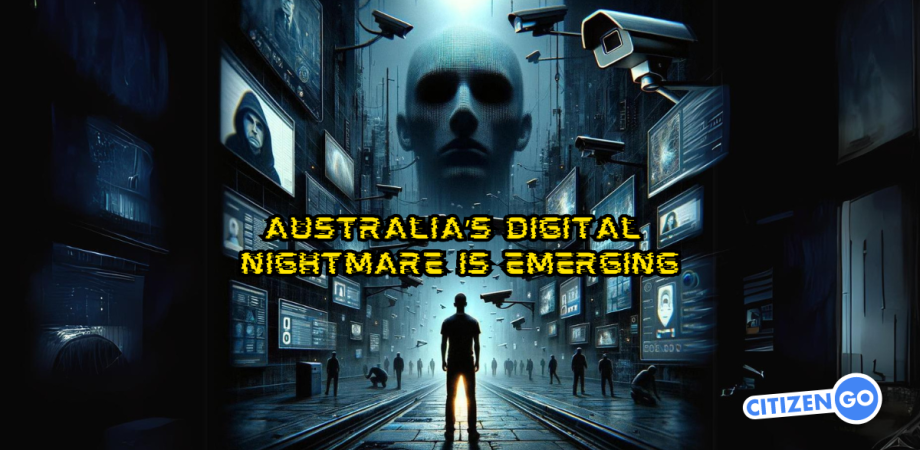Labor passes Digital ID in Lower House using Federation Chamber for debate, unseen by media

By Rebekah Barnett
Australia passed its Digital ID bill in the House of Representatives today, green lighting the implementation of the legislative framework for the expansion of the Australian Government’s Digital ID system.
The bill was passed 87:56, with Labor, the Greens and Teals voting Aye and the Coalition and some Independents voting No. The bill passed in Senate in March of this year.
Controversially, the parliamentary debate over the bill was allocated to the Federation Chamber, a smaller room off the main Chamber of the House which is not as closely monitored by the press, leading some to speculate that this was a move to sideline debate.
The Australian Government says that the expanded Digital ID framework will centralise access to federal, state and territory government services, will streamline and strengthen identity verification for citizens, and will improve accreditation schemes for service providers.
Australian Government figures show that more than 10.5 million Australians have already created an account with the Federal Government’s Digital ID system, myGovID, to access more than 130 government services.
State and territory governments services will tie in with the federal Digital ID Framework. The West Australian Government recently relaunched its ServiceWA app with a cash bonus scheme for families, encouraging recipients to obtain a Digital ID for instant online payment.
The Digital ID bill stipulates that creation and use of Digital ID will be voluntary. However, multiple exceptions are listed within the bill, leading some worry that a Digital ID could become compulsory in the future.
For example, “The ability for exemptions to be granted to online only service providers creates a hole in the “voluntary” scheme that a truck can and will be driven through,” said Libertarian Senate candidate (Victoria) Jordan Dittloff in a social media post detailing his concerns.
In light of the doublespeak from the Australian Government about the “voluntary” scheme of mandated Covid vaccination, which was required as a condition of work, travel, and participation in society, anxieties about just how voluntary the Digital ID scheme will be are not without basis.
Finance Minister Senator Gallagher has said that the Australian Government’s Digital ID Framework will protect against data breaches, which are an ever-present risk in the digital environmenYesterday, it was reported that more than one million Australian ID records had been exposed in an IT services provider data breach, affecting people who had visited ClubsNSW venues. One of the largest data breaches in Australia’s history occurred when Optus data was either hacked or leaked in 2022, affecting up to 10 million Australians.
Australian Government databases are also vulnerable to data breaches. A spreadsheet released under Freedom of Information Request details 257 data breaches of federal government departments and agencies during the past four years, some of which had been concealed from the public. The majority (160) occurred due to human error, with a further 70 being attributed to malicious or criminal attacks and some to system failure.
Will the expanded Digital ID framework be impenetrable to human error, malicious attacks and system failure? Hopefully. –from George Christensen.






